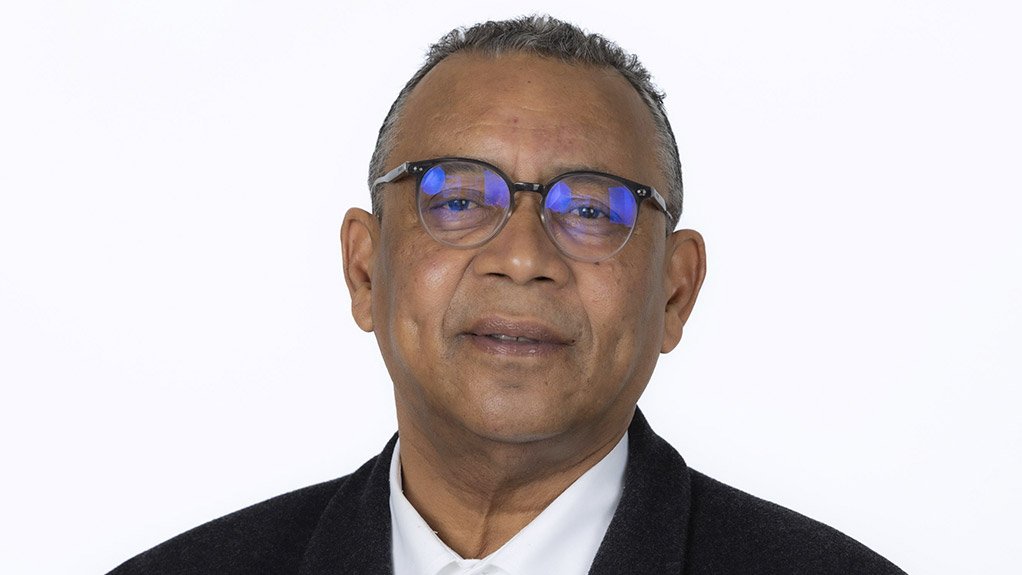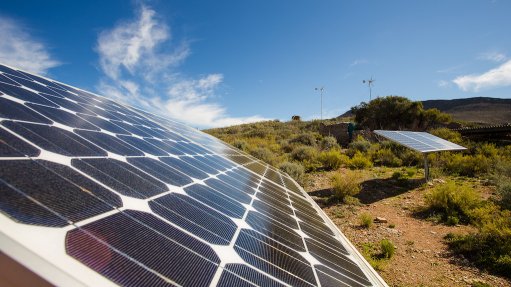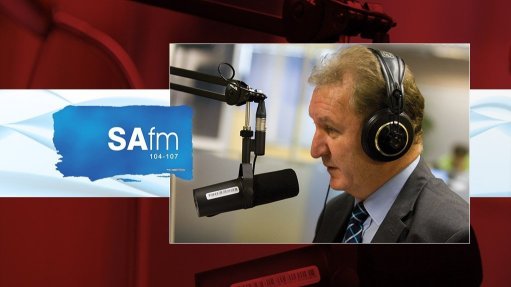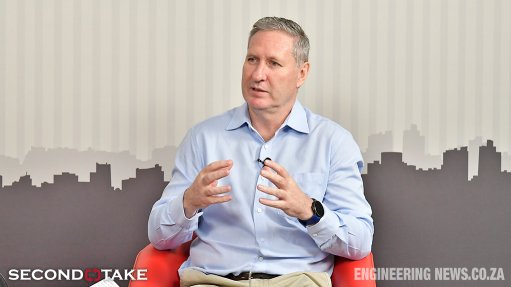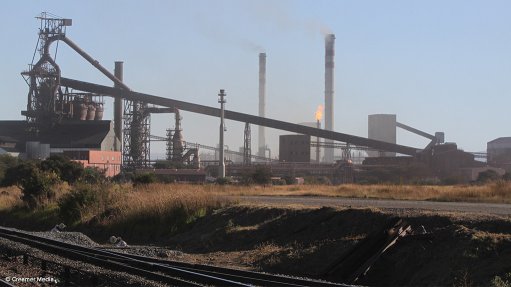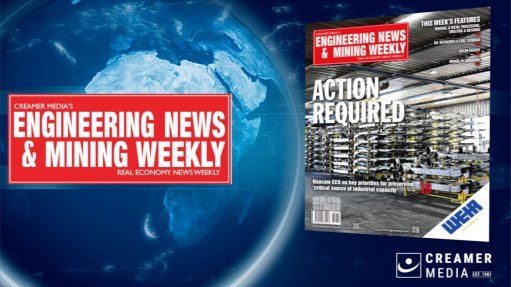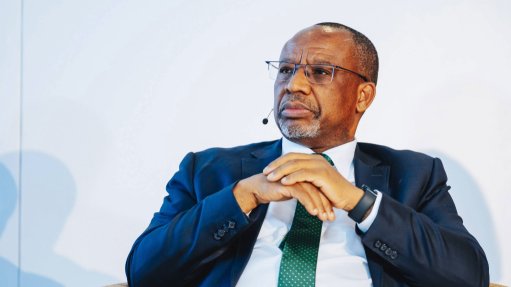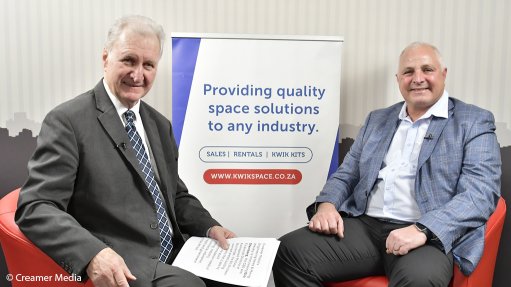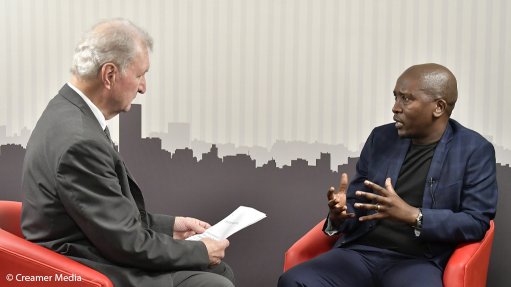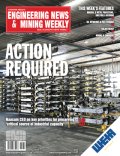The E-Waste EPR: More Than a White Elephant, It’s Our Economic and Environmental Future
This article has been supplied and will be available for a limited time only on this website.
By: Ashley du Plooy, CEO, ERA
For decades, South Africa has grappled with a mounting challenge: an ever-growing mountain of electronic waste. While other nations have long had established systems to manage this complex waste stream, we have been playing catch-up. The promulgation of the Extended Producer Responsibility (EPR) Regulations in 2021 was meant to change all that. It was the policy that finally gave us the framework to confront our Table Mountain-sized e-waste challenge, integrate a fragmented informal sector, and unlock the immense economic potential of a truly circular economy. As the CEO of ERA, and a long-time advocate for this policy, I am proud of the progress we have made. But I am also deeply concerned that this vital framework is being sabotaged by a critical and morally indefensible issue: the freerider problem.
Let me be clear: this is not another white elephant policy destined for failure. This is a robust regulatory framework designed to create a functional, self-funded system where producers of electrical and electronic equipment (EEE) take responsibility for their products' full lifecycle. The EPR fees they are legally mandated to pay are not just an arbitrary tax; they are the lifeblood of this new system. They fund the establishment of a national network of drop-off points, the creation of specialised dismantling and recycling infrastructure, and the vital public awareness campaigns that drive behaviour change. Without this funding, our progress grinds to a halt.
So, what happens if we let the freerider problem go unaddressed? The "what if" is terrifying. The EPR system, which is designed to divert hazardous waste from landfills, will collapse. Non-compliant companies, who have an unfair cost advantage by not contributing, will continue to undercut responsible businesses. This will create a vicious cycle where compliant producers are penalised, and the entire industry is disincentivised from doing the right thing.
Imagine a future where:
· Environmental Devastation Escalates: Instead of being safely recycled, millions of tonnes of e-waste, including toxic substances like mercury, lead, and cadmium, will continue to be illegally dumped or end up in landfills. This poisons our soil, contaminates our ground and drinking water, and harms our communities.
· Economic Opportunities are Lost: The EPR system is meant to formalise an existing value chain of waste recuperation, providing dignity and a stable income to thousands of informal waste reclaimers and creating new jobs in collection, dismantling, and processing. Without proper funding, this integration is impossible, leaving vulnerable communities bereft.
· Innovation is Stifled: The system encourages producers to design products that are easier to recycle, reducing resource consumption and environmental impact. Without compliance, there is no incentive for this innovation, and we remain locked in a linear "take-make-waste" economy.
The benefits of proper adherence, however, are just as profound. If every producer fulfils their legal obligation, we can transform our waste challenge into an economic powerhouse.
Properly funded, this system would unlock:
· A Thriving Circular Economy: EPR fees would enable the e-waste sector to scale up, creating a stable, formalised market for recycled materials. This would reduce our reliance on virgin resources, lower carbon emissions, and create a sustainable model for growth.
· Empowerment and Job Creation: The money collected from EPR fees funds critical social initiatives. It provides a formal income and safe working conditions for informal waste reclaimers, a key part of our economy. It also supports skills development programmes, creating sustainable, green jobs for young South Africans.
· Protection for Our Planet and People: By diverting e-waste from landfills and ensuring it is processed safely, we prevent the release of toxic substances into our environment. This safeguards our water systems, protects our wildlife, and, most importantly, secures the health and well-being of our citizens.
The Department of Forestry, Fisheries and the Environment (DFFE) understands the urgency of this issue. They have rightly made it clear that they are moving beyond a collaborative approach to a phase of "formal and stricter enforcement." The DFFE has already issued numerous Pre-Compliance Notices to non-compliant producers, sending a powerful signal that the grace period is over. As an industry, we must fully support these efforts.
To my fellow Producer Responsibility Organisations (PROs), our collective success depends on a unified front. We must collaborate and share intelligence to identify and report those who are not contributing. To the government, we commend your commitment to enforcement and urge you to follow through with swift, decisive action and punitive measures against repeat offenders. To the media, your role is pivotal. Help us expose this problem and educate the public. Highlight the businesses that are doing the right thing and hold accountable those that are not. Together, we must create a culture of compliance where freeriding is no longer a viable or acceptable business practice.
This is a defining moment for our industry and our country. We have a world-class regulatory framework, and we have the collective will to make it work. We cannot allow the selfishness of a few to undermine the hard work of the many. Let’s work together to ensure that every producer takes full responsibility, that every bit of e-waste is properly managed, and that we build a brighter, greener, and more prosperous South Africa for all.
Comments
Press Office
Announcements
What's On
Subscribe to improve your user experience...
Option 1 (equivalent of R125 a month):
Receive a weekly copy of Creamer Media's Engineering News & Mining Weekly magazine
(print copy for those in South Africa and e-magazine for those outside of South Africa)
Receive daily email newsletters
Access to full search results
Access archive of magazine back copies
Access to Projects in Progress
Access to ONE Research Report of your choice in PDF format
Option 2 (equivalent of R375 a month):
All benefits from Option 1
PLUS
Access to Creamer Media's Research Channel Africa for ALL Research Reports, in PDF format, on various industrial and mining sectors
including Electricity; Water; Energy Transition; Hydrogen; Roads, Rail and Ports; Coal; Gold; Platinum; Battery Metals; etc.
Already a subscriber?
Forgotten your password?
Receive weekly copy of Creamer Media's Engineering News & Mining Weekly magazine (print copy for those in South Africa and e-magazine for those outside of South Africa)
➕
Recieve daily email newsletters
➕
Access to full search results
➕
Access archive of magazine back copies
➕
Access to Projects in Progress
➕
Access to ONE Research Report of your choice in PDF format
RESEARCH CHANNEL AFRICA
R4500 (equivalent of R375 a month)
SUBSCRIBEAll benefits from Option 1
➕
Access to Creamer Media's Research Channel Africa for ALL Research Reports on various industrial and mining sectors, in PDF format, including on:
Electricity
➕
Water
➕
Energy Transition
➕
Hydrogen
➕
Roads, Rail and Ports
➕
Coal
➕
Gold
➕
Platinum
➕
Battery Metals
➕
etc.
Receive all benefits from Option 1 or Option 2 delivered to numerous people at your company
➕
Multiple User names and Passwords for simultaneous log-ins
➕
Intranet integration access to all in your organisation



